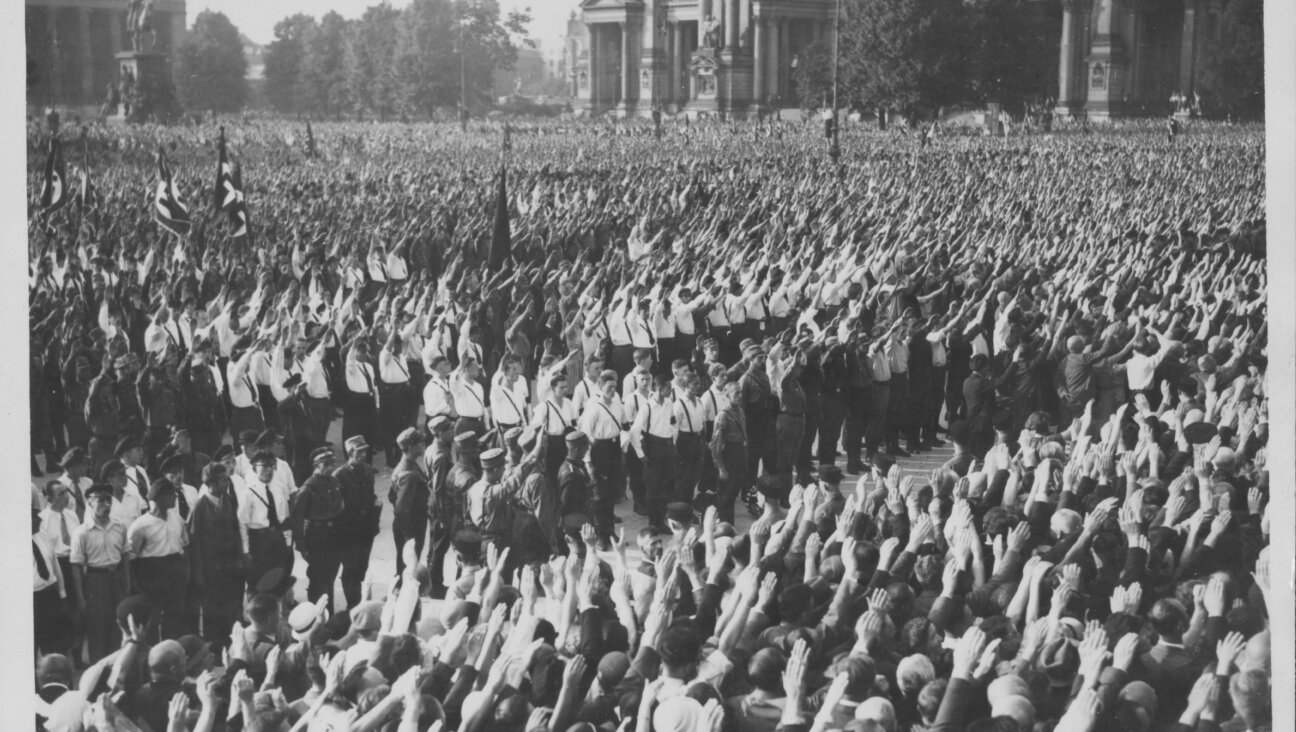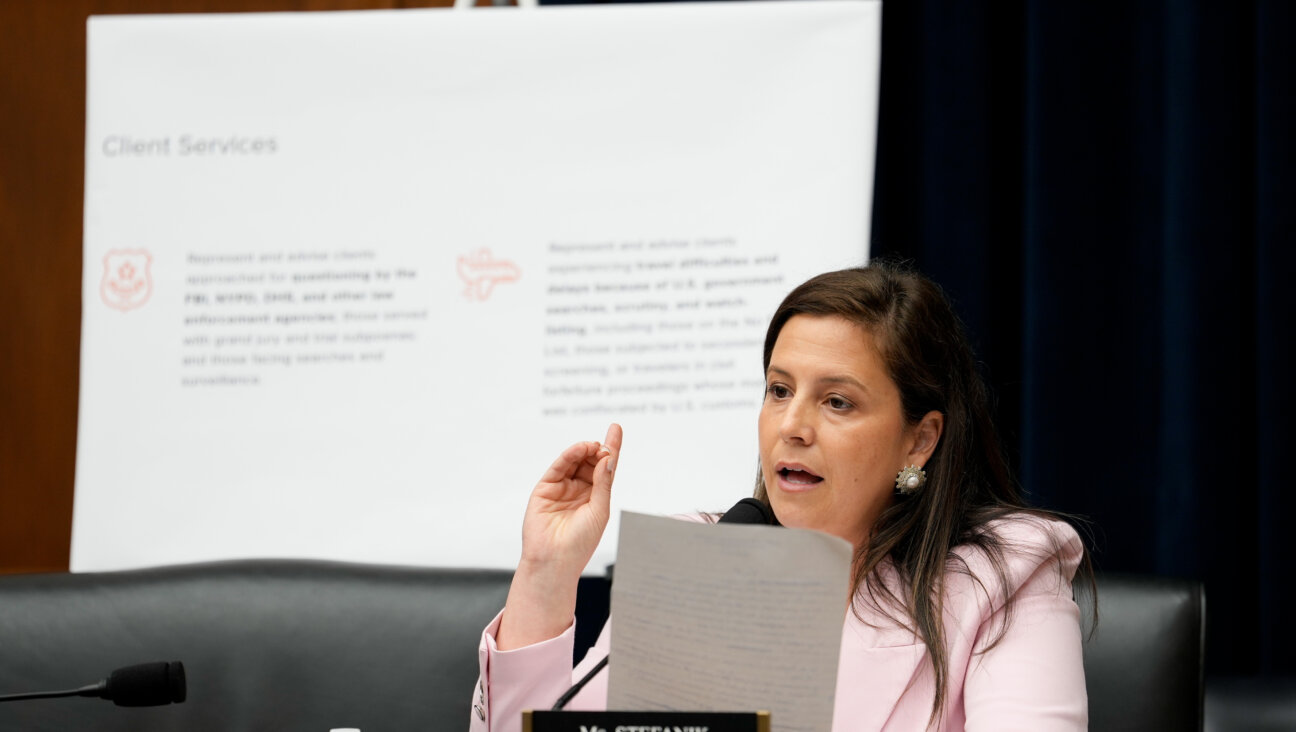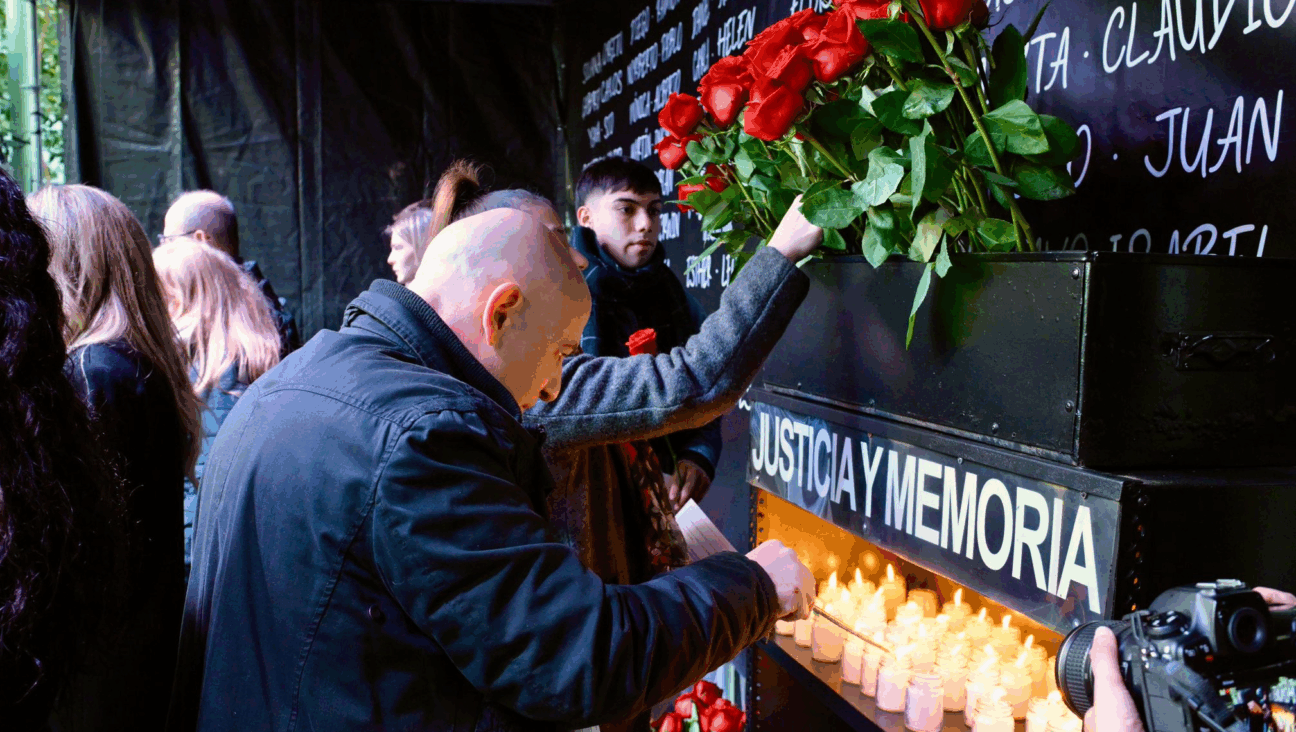Unsportsmanlike Conduct: FIFA Ignores Its Rules In Israeli-Palestinian Soccer Dispute

Image by Getty Images
The worlds of politics and football (soccer) clashed again. This time, the location was the Bahraini capital, Manama. The two sides of the conflict were the Palestinian Football Federation and the Israeli Football Federation. At stake in the conflict was a resolution submitted by the Palestinian federation demanding that six Israeli clubs based in exclusive Jewish settlements stop playing in the Israeli football league.
The referees: 199 members of the world federation of football better known as FIFA. Two years ago, a last minute compromise was reached that allowed the Palestinians to withdraw their motion to kick out the Israeli settlement clubs. A monitoring committee headed by Tokyo Sexwale was assigned to resolve the dispute and report back to FIFA congress.
FIFA’s statues are very clear. No team from any federation is allowed to play in a pitch located in another federation without the approval of that federation. The dispute, however, arose as to the jurisdiction of the Palestinian federation in which the settlement clubs are based. An attempt to get the Secretary General of the UN to agree succeeded when the UN official sided with Palestinians and informed Sexwale that the Israeli settlement clubs are located in what the world considers Palestinian territories.
Unable or unwilling to take a position, Sexwale and FIFA repeatedly postponed and delayed a decision fearing that if they sided with the Palestinians, this would cause a diplomatic problem with both Israel and its global patron, the United States. The U.S., of course, not only feel that they were cheated when FIFA chose tiny Qatar over Chicago for the 2020 World Cup bid, but it is also involved in a new North American bid that will include Canada and Mexico.
After many delays, Sexwale presented his draft report to FIFA. Most countries — except Israel — accepted the draft, while the Palestinian federation had minor complaints. The draft report gives the FIFA congress members three choices: keep the status quo, give the Israeli settlement clubs six months to quit the Israeli league or else the Israeli federation will be kicked out of FIFA, or for Palestinians and Israelis to work out the differences and come up with an agreed solution.
The head of the Palestinian Federation, Jibril Rajoub, told the delegates representing 199 football federations that it is time to stop delays and make a decision. Press reports had stated that FIFA wanted to postpone again and Rajoub would not have any of it. The Palestinian football boss also was very angry that the prime minister of Israel had called the president of FIFA to request a postponement. Rajoub reminded FIFA members that the executive council has kicked out a number of federations (Nigeria and Kuwait) simply because their own governments interfered in their affairs. Here, we have a prime minister of Israel who is interfering in the affairs of the entire FIFA over which items should be on the agenda and which items should be removed.
The head of the Israeli federation also spoke, but he focused more on the idea of an Israeli Palestinian peace game rather than respond to issues of borders and jurisdiction.
In the end, the president of FIFA, in what some believe was a violation of protocol, ignored the Palestinian motion and asked the general assembly to vote on a motion asking for yet another delay until March 2018, claiming that the official final written report of Sexwale has yet to be presented or studied.
Israeli media and the foreign ministry celebrated what they called a win, but it is may be premature to break out the bubbly. But the body language of the president of FIFA and the look on the faces of most delegates spoke volumes. FIFA has bowed to political pressure, but most members will not forget how Israel used its special relationship with the U.S. to intimidate the world’s football body.
Israelis might be celebrating a late first half goal, but the game is not over. Having your entire team play aggressive offense is a bankrupt plan that could easily lead to an easy opposition goal.
Daoud Kuttab is a former Princeton professor and a Palestinian journalist.




















